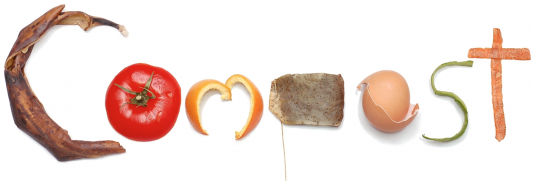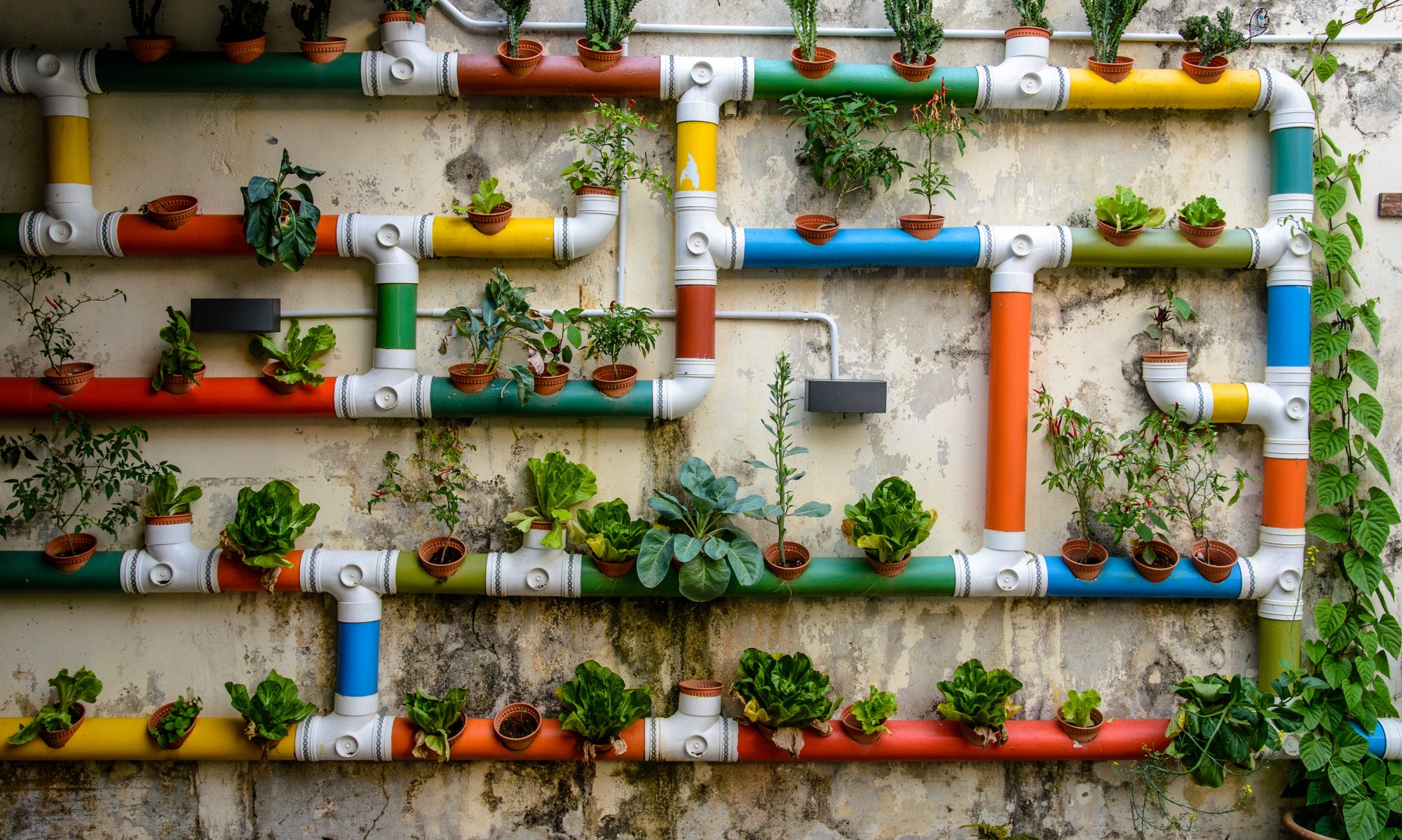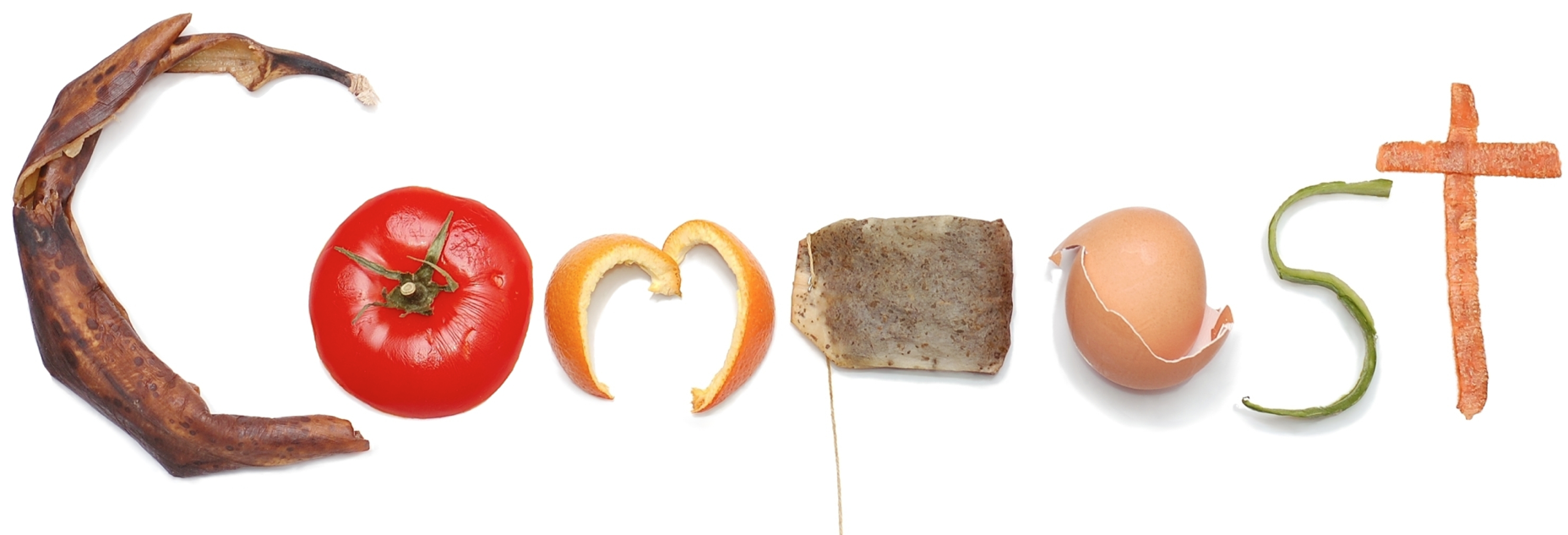
Can I add meat to my compost pile?
Is stale bread OK to compost?
Or, more importantly, what can you compost?
The answer to that is in your home…
…and to help you get started with indoor composting, I am going to share things that you have in your home that you can compost.
What You Can Compost at Home
This is by no means an exhaustive list of every single thing that you can compost. It’s a practical list of things that you all have.
Let’s go through some quick composting fundamentals first. Compost is made up of two elements – browns and greens.
Think of browns as your dry items such as leaves and shredded newspaper.
Greens are your wet items like veggie scraps and coffee grinds.
When you start your compost, you will need a balance of the two. For right now, I want to share what you can compost and save the rest for later.
Common greens you have at home that can be composted:
- Fruit and veggie scraps. Avoid onions and citrus. Yes, they can be composted, but for your indoor compost bin it’s best to stay away.
- Coffee grounds and tea bags
- Grass clippings. Only if the grass hasn’t been treated with chemical fertilizers.
- Plain cooked rice or pasta
- Stale crackers, bread, cereal or pretzels
- Old herbs and spices
- Egg shells. Not really a green, but they can be composted
Common browns you have at home that can be composted:
- Cardboard including boxes and toilet paper rolls
- Dryer lint
- Dried leaves
- Shredded black and white newspaper
- Hair from your brush. Make sure there is no gel or hairspray in it
- Shredded bills and documents
Yes, there are other things that can be composted like goat manure, river mud and oat straw, but not many of us have stuff like that available to us.
If you are just getting into indoor composting, then this list should give you a solid start.
Your Turn
Are you starting an indoor compost bin?
Leave a comment and let me know.



my bin starts inside, then, when it gets full I move it out to the big bin. I put in all my veggie scraps from making dinner, coffee grounds, banana peels, lots of banana peels. I read conflicting information on bread, so I just leave it out.
Can I put pits in my compost? avocado, peach? what about pistachio shells?
I know cardboard and paper is compostable but I think it is better to recycle whenever possible.
I do the same thing with my inside compost collection. The kitchen bin has a lid that opens when you step on the pedal and little removable bucket inside. Also have one in the laundry room for lint.
My peach pits don’t break down very well so I just throw them in the woods. I have a least one volunteer peach tree from it.
I could be wrong but I believe that the bread issue is because it attracts unwanted guests to your compost pile so if that isn’t a problem then it shouldn’t hurt anything. My chickens get the bread so I don’t know.
HI Mike,
My compost bin is topped out with leaves from autumn. Nay way to make it into soil for spring faster?
Yes there is conflicting info about bread, paper, etc. Not going to be perfect, but better than the alternatives.
You can compost pits, etc, but they will take longer to fully decompose.
Thanks for the info.
There are compost accelerators that can help to speed up the process. Check out http://www.UseThrive.com They have one.
It’s a matter of preference. Just giving a list of common things that people have to get them started. Definitely don’t want to put the plastic from envelopes. Good call on that.
I just planted a garden in containers today. If i start a compost bin how long do I let it decompose before I put it in my garden and when should I put compost or fertlizer in my garden (this is my first garden)?
Depends on how you compost them. I would say something like 2-3 months…at least.
Hey Sadie,
That plant-based bioplastic will take a long time to degrade in a normal compost bin – but it is degradable. The best thing is to put those in you city-provided green trash bin. They will heat the plastic and break it down much faster.
Ro
http://localblu.com/
Good call on that. They take forever in home composting bins.
MUITO BOM A DICAS DE COMPOSTAGEM,EU JA INICIEI A MINHA A 15 DIAS
You make this sound easy. What am I putting this in? How big should it be(liquid measures please)?
I don’t have an indoor bin except for an in between bucket, My compost is outside on my deck. It was helpful to learn about the onion, I wasn’t too sure about that. I’ve been putting coffee grounds and shredded filters, avocado rinds, egg shells, veggie scraps and shredded newspaper in my bin so far, it’s been breaking down pretty nicely with a shake every couple weeks when I think of it. I have a bin under neath to catch any compost tea for fertilizer later. Can’t wait to get thick nutritious compost for my balcony garden!
I did not know about the dryer lint. Never really thought about it. That is very cool. Do you know where I can go to find out about composting meat or animal products? Not indoor, and maybe not even at all, but I’ve heard there are ways…
I’ll come up with a post on bins as well.
Nice!
Look into a Bokashi Bucket. This is the one that I have that I’m going to start using soon.
http://shop.rainbowworms.com/TheBetterBokashi
We compost nearly everything – food, paper, leave, grass, etc. We’ve gotten some terrific soil for our garden – and for free. 😉
Nice!
Hey could you use the top to a square cat litter container to cover the bokashi?
I think so.
Started composting indoor last year. We throw in our veggie scraps, crushed egg shells, nut shells, bad fruits, plant trimmings, and we do throw in citrus fruits in, we just cut them up and let them sit in a pot of dirt for a month or so to dry up abit to keep the smell down. I also go to the library after Halloween to ask them if I can take their pumpkin and squash decors that they always throw away.
Great idea!
Hi Mike, I have a question. I live near a county composting site that gives its’ compost away for free. My question is this, the raw materials for this compost comes from the landscapers in my area that means mostly from chemical lawns and property. When the compost is fully cooked does this kill all of the chemicals in it or is it still poisoned. Thanks for a great website and all of your tips!
I hear that. Basic rule of thumb is what you put in you get out. It’s a call on your end whether or not you want to utilize it.
Yea, that makes sense to me. I think I will bypass that resource. Thanks Mike that helped alot.
We compost used paper towels.
As for pumpkins that have started to turn, I just toss them straight into the flower garden next to the front door and let them break down on their own. Then when the summer flowers are gone, up come pumpkins just in time for Halloween.
Is it unsafe or unorganic to use newspaper and shredded documents due to the inks?
nice!
Depends on how “pure” you want your compost to be, which is damned near impossible. Gotta find what you are most comfortable with.
I live in a rural area. I started a compost and really put a lot of care into it, but we soon developed a very serious rat problem. Is this normal? How can it be avoided?
Make sure it’s securely enclosed.
I’m saving my empty toilet paper rolls for seed starters.It’s a great way to recycle and you can put the roll right in the dirt.Just saying.
Could you please put up a post about compost bins in urban areas? I am a student who has just moved out of her student hall to a flat with a small balcony and shared garden. I know about gardening techniques from my father’s large garden at home but this whole urban thing is quite alien to me. Help!
There is some great information here! I have been looking all over for information on indoor composting. I have been toying heavily with the idea of starting a compost bin indoors since I don’t have a garden, but my mother has a rose bush that I could dump the compost in. My only question is whether or not I can recycle my old bathroom garbage bin and drill some holes in that and cover it instead of buying a more expensive one. Any ideas or suggestions? I would love comments please! 🙂
might try tis
i was told you should not use meats or fats… i am using a turn barrel compost. with what they say about plastic getting hot i wonder if this also is not good. someone said don’t add moldy scraps yet scraps need mold to break down
Mike I’m fairly new at this composting but I was told that meat n bread will attract rodents, what about the smell of bad meet or magets or flies?
You say to avoid onions…what about garlic?
I juice with the vegetables from my garden. Along with other browns & greens, all the pulp from my juicer goes into my compost barrel to be recycled back into the soil for my next grow with the intent of making my garden self sustaining. So far, so good…
Difference is what you plan to do with things you choose not to compost such as onions? The other difference is how long you plan to let compost rot before using it. If you expect to take soil from your compost pile within weeks and use it for soil then sure avoid onions and meat scrap otherwise pretty much everything is fine so long as it is biodegradable.
If you have months and years to let a compost pile break down even meats scraps and onions and whatever they are saying not to add are really OK too. Just never add plastics or manufactured things that wont break down like styrofoam and metal and other non-degradeables and such.
I have been using a two bucket Bokashi system for a little over two years now. Works great. I compost all kitchen scraps (except bones). I use the ferment scraps for making potting soil and trenching in my garden beds. Lots of info on youtube, be careful on some of the advice. I found two e-books on Amazon. I purchased the one by M. O’Halloron. I was curious if his method was anything like mine. It was. For someone interested in learning, it is a good starter.